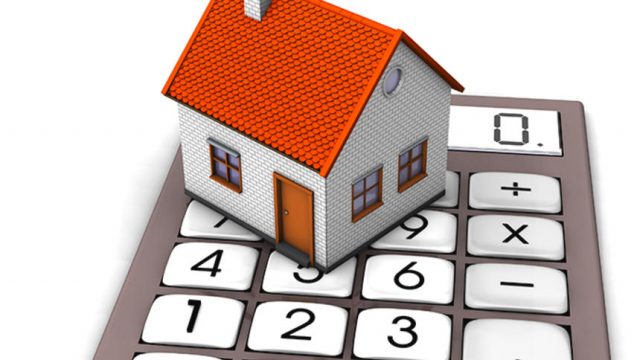House Passes Bill Capping Property Taxes, Will Senate Follow Suit?

I’ve been writing recently about the political risk property taxes represent for North Dakota’s Republicans in the upcoming election.
While this legislative session has seen a lot of budget headaches most North Dakotans aren’t going to feel much in pain. Thus, the political ramifications for the cuts are pretty minor I think.
But property taxes is where the rubber meets the road. Lawmakers are probably going to cut some or all of their buy downs of local property taxes, and while they seem on track to lift the burden of social service programs off of property owners, that’s not going to make up the entire gap.
The last 12 percent property tax buy down the Legislature implemented, which runs through 2017, was worth about $270 million. The state take over of social services (SB2206, which passed the Senate today and heads to the House) is worth about $160 million.
There’s about $110 million gap that, if not addressed by lawmakers by last week, will probably be made up by tax increases by local governments implemented on tax statements in 2018.
Which is, you now, election year. You can bet that local political leaders, in that situation, will blame the lawmakers for raising taxes.
[mks_pullquote align=”right” width=”300″ size=”24″ bg_color=”#ffffff” txt_color=”#000000″]Lawmakers have two choices. They can either put in place something to control local property taxes or they can take the blame, and the political consequences, for property tax hikes.[/mks_pullquote]
Which is where HB1361 comes in.
That bill passed the House today. If it passes the Senate as well and survives a veto review from Governor Doug Burgum it would cap the dollar value of property tax increases for all local governing entities (except for school districts) at no more than 3 percent per year.
If local governments want a larger increase they must send the issue to the voters.
This accomplishes a couple of things.
For one, it stops local governments from getting big revenue increases simply because property values have increased. Growth in government should be driven by need, not the housing market.
For another, it changes the political dynamics around property taxes. In the past it was far too easy for local governments to raise spending, and raise taxes, and blame everything on the Legislature. That political game is why the Legislature, rather foolishly, got into the business of property taxes in the first place by trying to buy them down. With a cap in place local governments which want to grow spending faster than 3 percent per year would need to make their case to the voters.
This is solid property tax reform, but will the Senate agree?
That chamber has defeated similar legislation in years past, but this budget cycle lawmakers are operating in a different sort of reality. No longer does the state have massive budget surplus in which to hide the local property tax problem.
Lawmakers have two choices. They can either put in place something to control local property taxes or they can take the blame, and the political consequences, for property tax hikes.
The local governments and their lobbyists will gnash their teeth and rend their garments over a supposed loss of “local control” with this legislation, but these are the same people who never, ever want to take some local responsibility for rising property taxes.
They haven’t governed responsibly, and so a state-implemented cap on increases is a prudent response from the Legislature.




